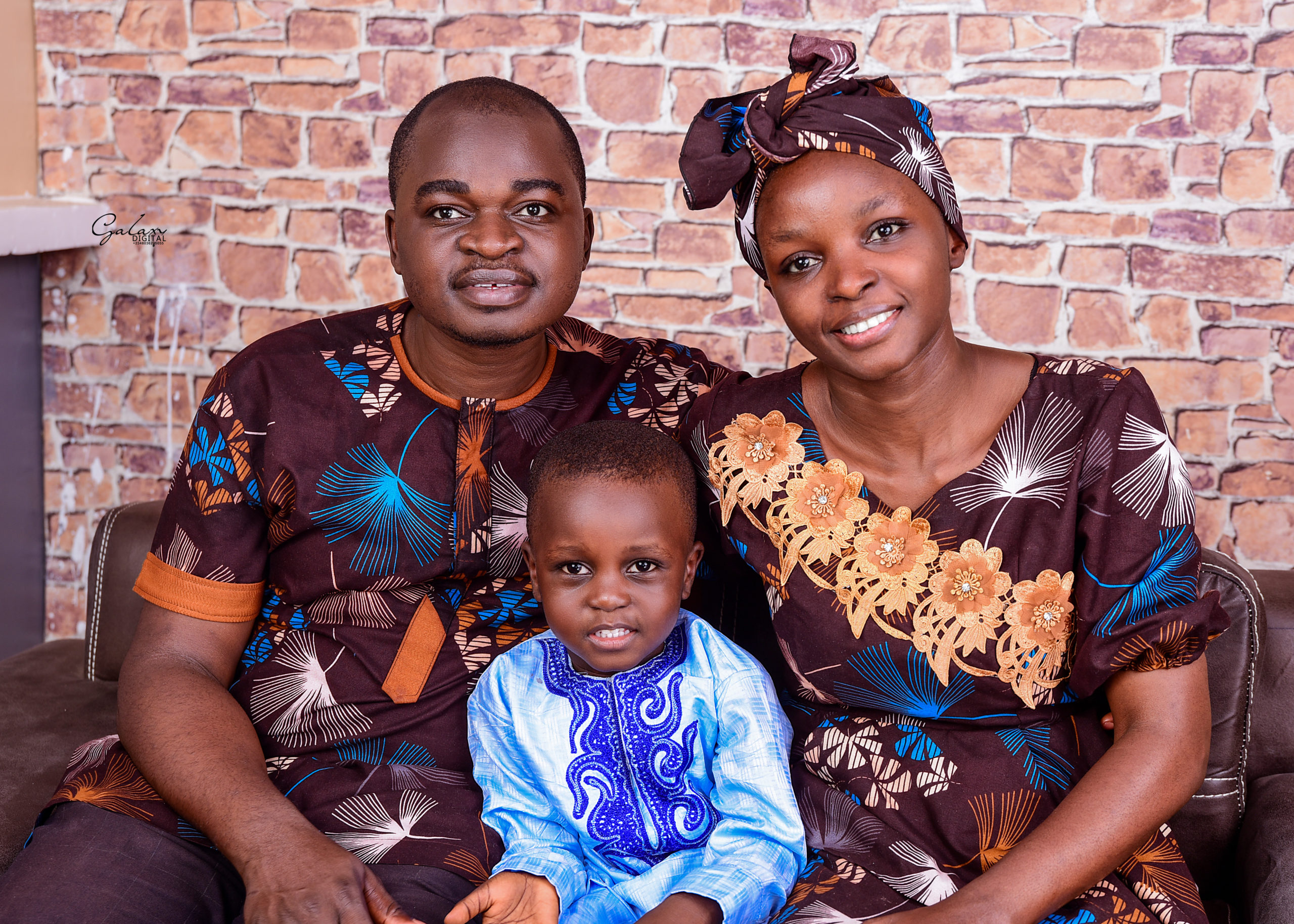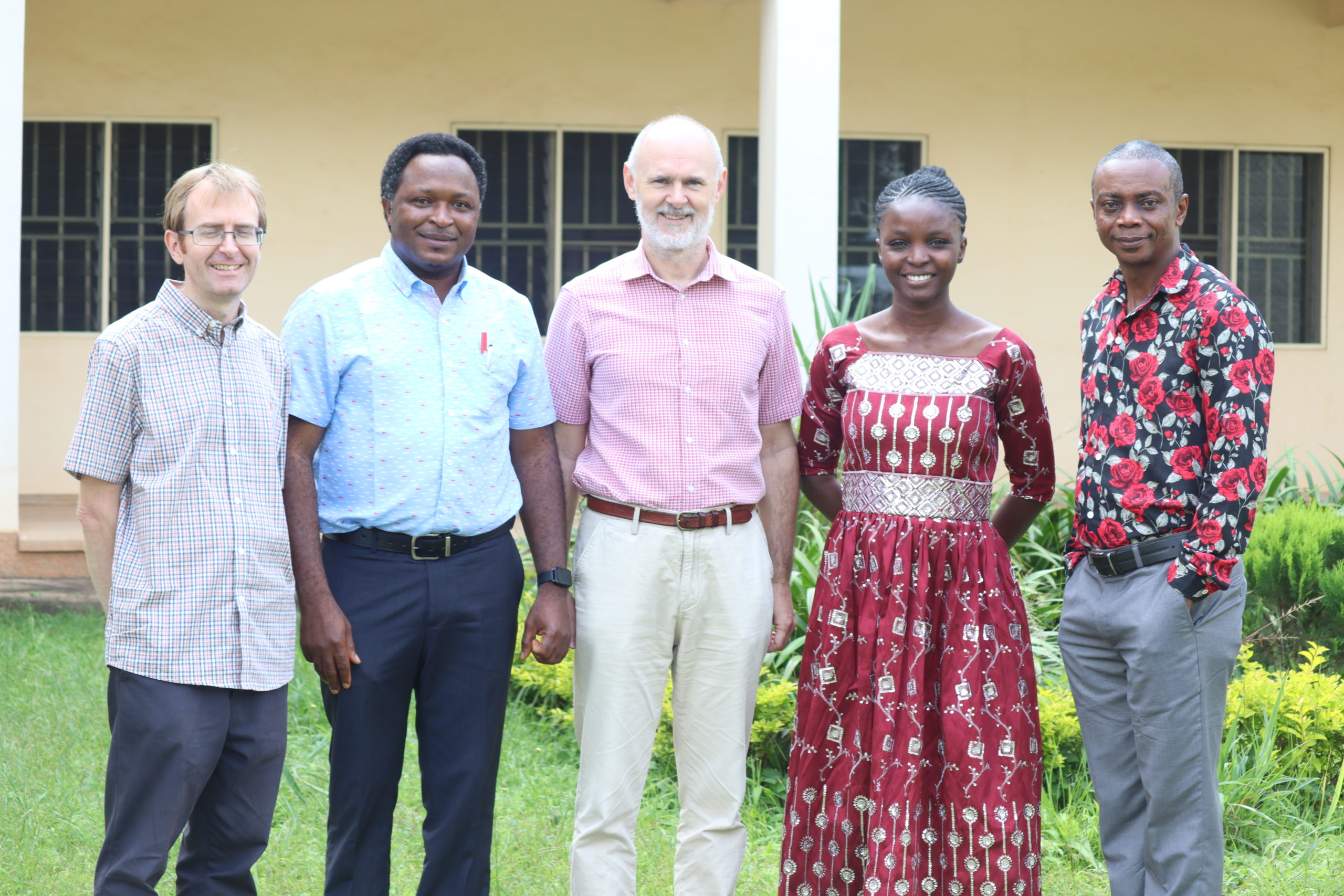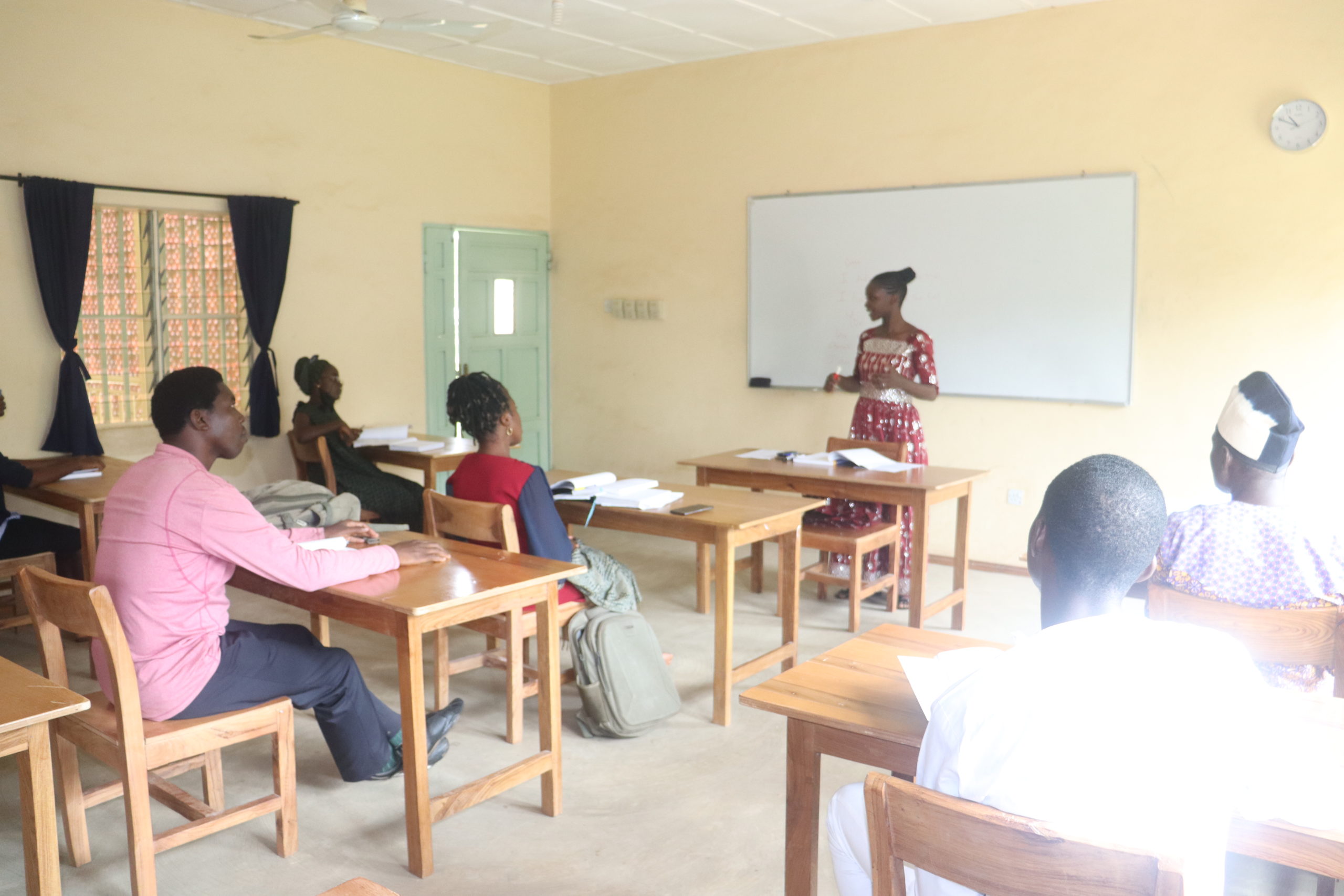Pelumi knows that feeling: ‘When I read the Bible in my language, it speaks to my heart. Singing in my language and reading in my language touches my emotions. I can’t describe that level of understanding. It’s beyond description.
‘It’s like when you’re thirsty and need water to quench your thirst… That’s what the Bible means to me.’
‘While I was growing up I had this longing to read my Bible, this thirst. I was searching the Scriptures for something more, but I didn’t know what. My father taught us the way of God, but I was not following God as much – even though I was learning those things from him – until his 50th birthday.
‘His friend came and preached at his birthday. He told us about being born again. The following day I prayed, and then I went to church to give testimony that I had received Christ as my Lord and Saviour.
‘From that time I started reading the Bible every day, praying and getting to know more about God. My favourite verse is Psalm 34:4, “I cried to the Lord, and he delivered me from all my fears.” I’ve read it over and over again in Yoruba.
‘It’s like when you’re thirsty and need water to quench your thirst. Then somebody offers you water. That’s what the Bible means to me.’
‘I didn’t know that was what it was saying!’
Her linguistics training has enabled Pelumi to make a significant contribution to the Duya Bible translation, ensuring others will soon be able to quench their thirst in the Scriptures too.
‘One of the things we discovered was about the Beatitudes,’ she explains. Because sentences are connected differently in biblical Greek and in Duya, the meaning was getting lost.
‘For instance, “Blessed are the poor, for they shall inherit the kingdom of God” sounded like “You are poor because the kingdom of God is yours.” So some changes were made.’
After she graduated, Pelumi continued to work with the Duya translation team, adding her expertise to theirs in order to produce a clear and accurate translation.
‘People had been in church for decades, but when they came into contact with Scripture in their language, several said, “Oh, I didn’t know that was what it was saying!”’
And in 2019 she returned to TCNN, this time as a lecturer.





